Food and Drinks Are Getting Sweeter.How That Can Affect Your Health
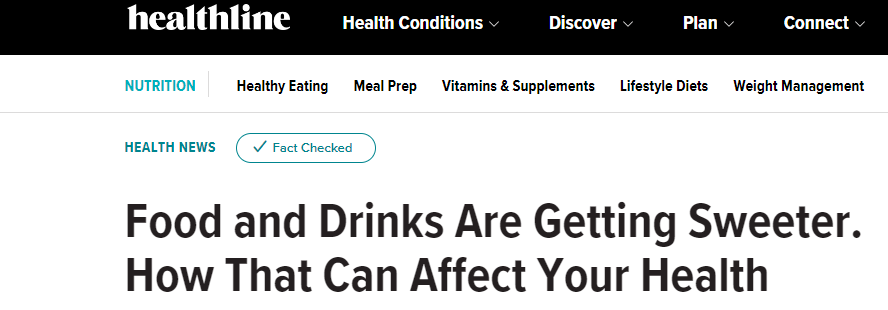
Using market sales data from around the globe, we looked at the quantity of added sugar and non-nutritive sweeteners sold in packaged foods and drinks from 2007 to 2019.
We found per person volumes of non-nutritive sweeteners in drinks is now 36% higher globally. Added sugars in packaged food is 9% higher.

Whether you’re a sweet or a savory person, chances are, in the past 10 years, your sugar consumption has increased, as a new study by Cambridge University has found that food and drinks have been getting sweeter over the last decade.
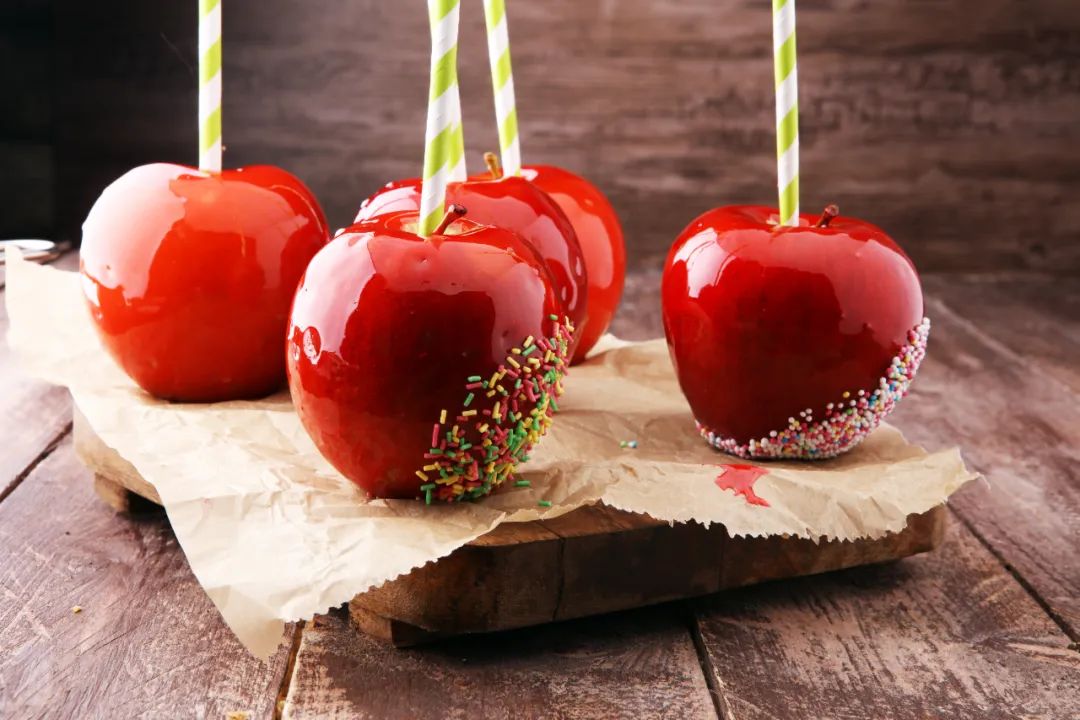
Savory foods and even foods marked as 'healthy' often contain 'hidden' sugars.
Despite their lack of dietary energy, recent reviews suggest consuming non-nutritive sweeteners may be linked with type 2 diabetes and heart disease and can disrupt the gut microbiome.
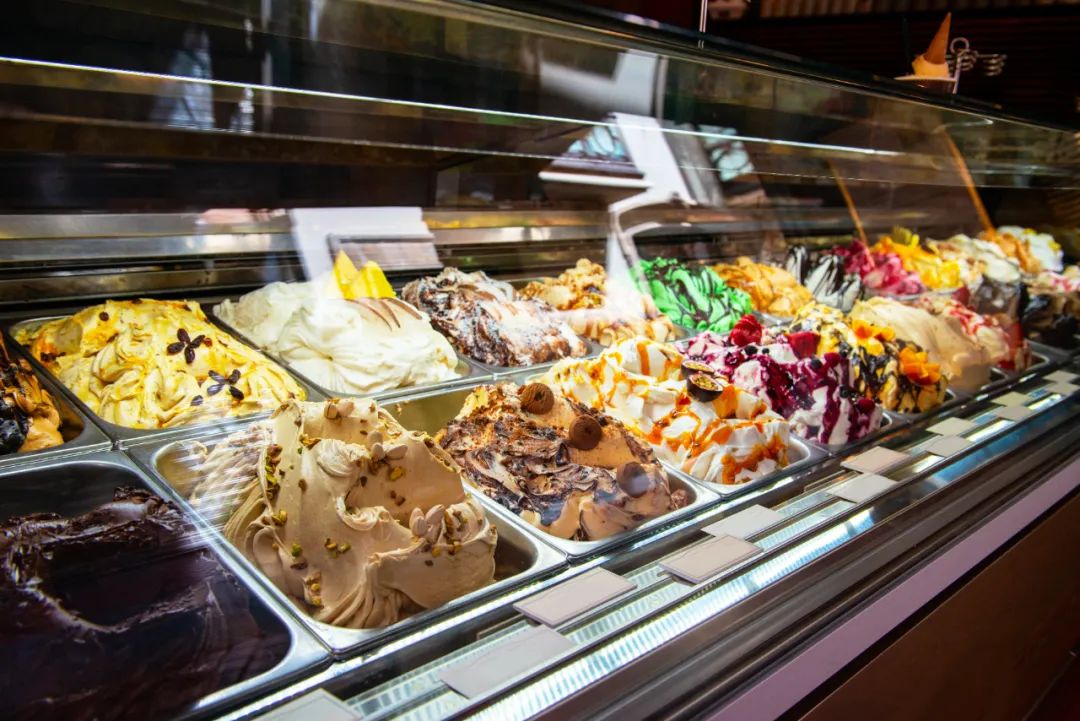
And because they are sweet, ingesting non-nutritive sweeteners influences our palates and encourages us to want more sweet food. This is of particular concern for children, who are still developing their lifelong taste preferences.
Eating more ultra-processed foods is linked with more heart disease, type 2 diabetes, cancer and death.
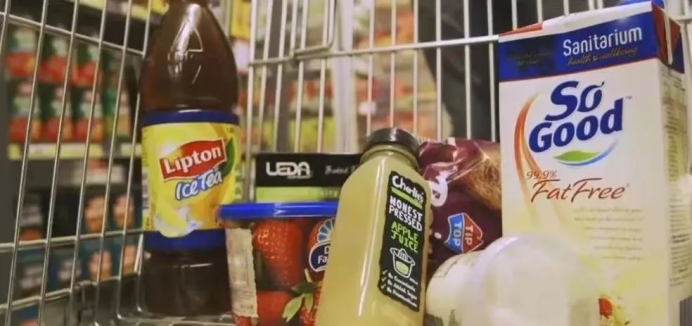
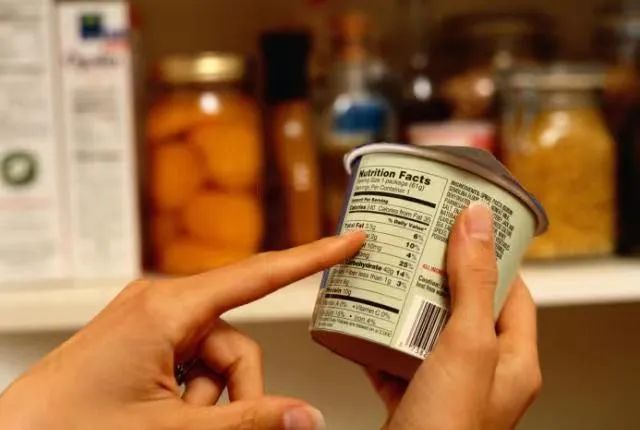
Ingredients are listed in order of how much exists in the product, so if sugar's near the top, that's a red flag.

A high sugar intake has been linked to increased appetite and weight gain. Conversely, a diet low in added sugar but high in protein and fiber may have the opposite effect, reducing hunger and promoting fullness.

Lack of sleep may also affect the types of food you eat, predisposing you to choices that are higher in sugar, fat, salt, and calories .
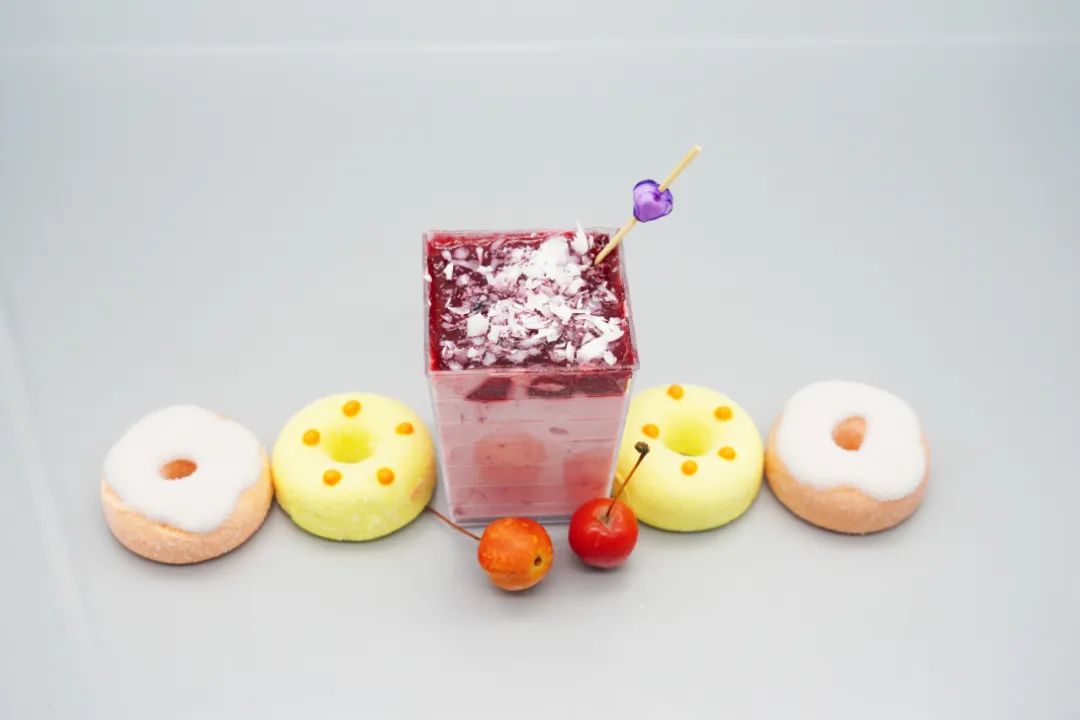
One strategy: buy foods labeled "no added sugar" or "unsweetened.
You'll find unsweetened versions of these common foods in most grocery stores: soy, apple sauce, and oatmeal.
